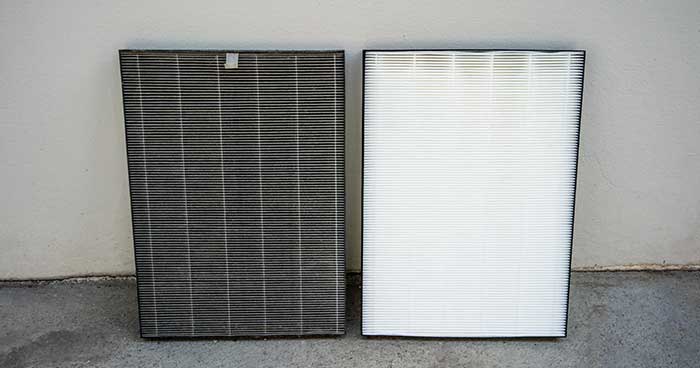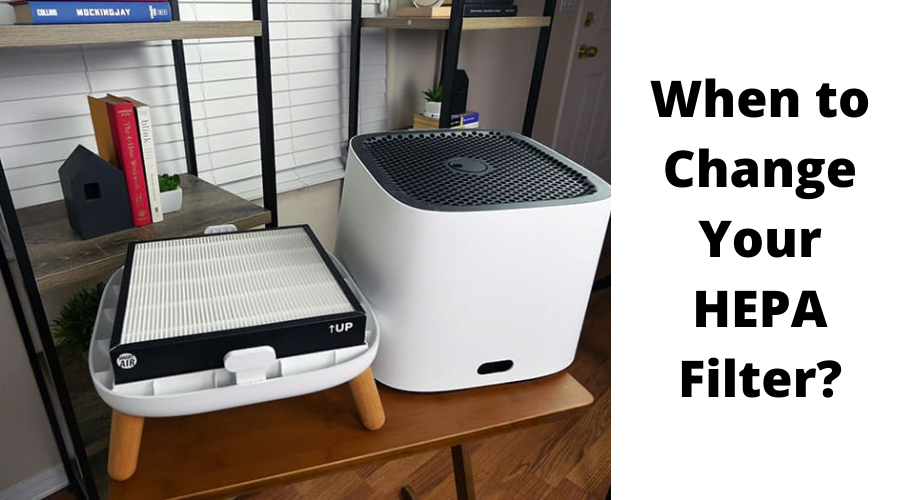When it comes to maintaining clean and healthy indoor air, the HEPA filter in your air purifier plays a crucial role. But how often should you change the HEPA filter in your air purifier to ensure optimal performance and air quality? Let’s delve into this important question and explore the factors that influence the frequency of HEPA filter replacement.
The Importance of HEPA Filters
HEPA (High-Efficiency Particulate Air) filters are renowned for their exceptional ability to capture microscopic particles such as dust, pollen, pet dander, and other airborne allergens. They are instrumental in removing harmful pollutants from the air, making them indispensable components of air purifiers.
Factors Influencing HEPA Filter Replacement Frequency
Several factors can influence how often you should change the HEPA filter in your air purifier:
- Air Quality: If you live in an area with high levels of air pollution or allergens, your HEPA filter may need more frequent replacement.
- Usage: The frequency of filter replacement can depend on how often you run your air purifier. Continuous usage may require more frequent filter changes.
- Indoor Environment: Factors such as smoking, pet hair, and the presence of mold and mildew can impact filter lifespan.

Credit: servicechampions.com
General Guidelines for HEPA Filter Replacement
While individual circumstances may vary, there are some general guidelines to consider when determining how often to change your HEPA filter:
| Scenario | Filter Replacement Frequency |
|---|---|
| Normal Usage | Every 6 to 12 months |
| High Pollutant Levels | Every 3 to 6 months |
| Continuous Use | Every 3 to 6 months |
Benefits of Regular HEPA Filter Replacement
Ensuring timely replacement of your HEPA filter offers numerous benefits:
- Improved Air Quality: Fresh filters enhance the air purifier’s efficiency in capturing airborne particles, promoting cleaner air indoors.
- Enhanced Performance: Regular filter changes maintain the air purifier’s optimal performance, preventing strain on the unit.
- Health Maintenance: Clean air can benefit your respiratory health, particularly for allergy or asthma sufferers.

Credit: smartairfilters.com
Indications for HEPA Filter Replacement
It’s essential to recognize signs that indicate the need for HEPA filter replacement:
- Reduced Airflow: If you notice decreased airflow from the air purifier, it could be a sign that the filter is clogged and needs replacement.
- Increased Allergy Symptoms: If occupants experience worsened allergy symptoms, it may indicate that the filter is no longer effectively capturing allergens.
- Visible Dirt Accumulation: Inspecting the filter for visible dirt and particles can help determine if it’s time for replacement.
Consulting Manufacturer Guidelines
For specific recommendations, refer to the manufacturer’s guidelines for your air purifier model. Manufacturers often provide insights into the expected lifespan of the HEPA filter and recommended replacement intervals tailored to their products.
Frequently Asked Questions Of How Often Should You Change Hepa Filter In Air Purifier?
How Often Should You Change The Hepa Filter In Your Air Purifier?
Replacing the HEPA filter in your air purifier depends on several factors, such as the manufacturer’s recommendation and usage frequency. It is generally recommended to change the filter every 6 to 12 months for optimal performance.
Why Is It Important To Change The Hepa Filter Regularly?
Regularly changing the HEPA filter is important to maintain the effectiveness of your air purifier. Over time, the filter becomes clogged with pollutants, reducing its ability to effectively capture airborne particles. Changing the filter ensures that clean air continues to circulate in your space.
How Can You Tell If Your Hepa Filter Needs Replacing?
There are a few signs that indicate your HEPA filter needs replacing. If you notice reduced airflow, a decrease in air purifier performance, or an increase in allergy symptoms, it may be time to change the filter. Additionally, some air purifiers have filter replacement indicators that you can rely on.
Can You Clean And Reuse A Hepa Filter?
HEPA filters are not typically designed to be cleaned and reused. They are highly efficient at capturing microscopic particles, and cleaning them may compromise their effectiveness. It is best to follow the manufacturer’s recommendations and replace the filter when necessary.
Conclusion
Changing the HEPA filter in your air purifier at the appropriate intervals is essential for maintaining clean and healthy indoor air. By considering factors such as air quality, usage, and indoor environment, as well as adhering to general replacement guidelines and recognizing when a filter change is needed, you can effectively optimize the performance of your air purifier and ensure the air in your home remains pure and fresh.
Rakib Sarwar is a Registered Pharmacist and a reputed health and wellness blogger. He has a great interest in Air purifiers.
